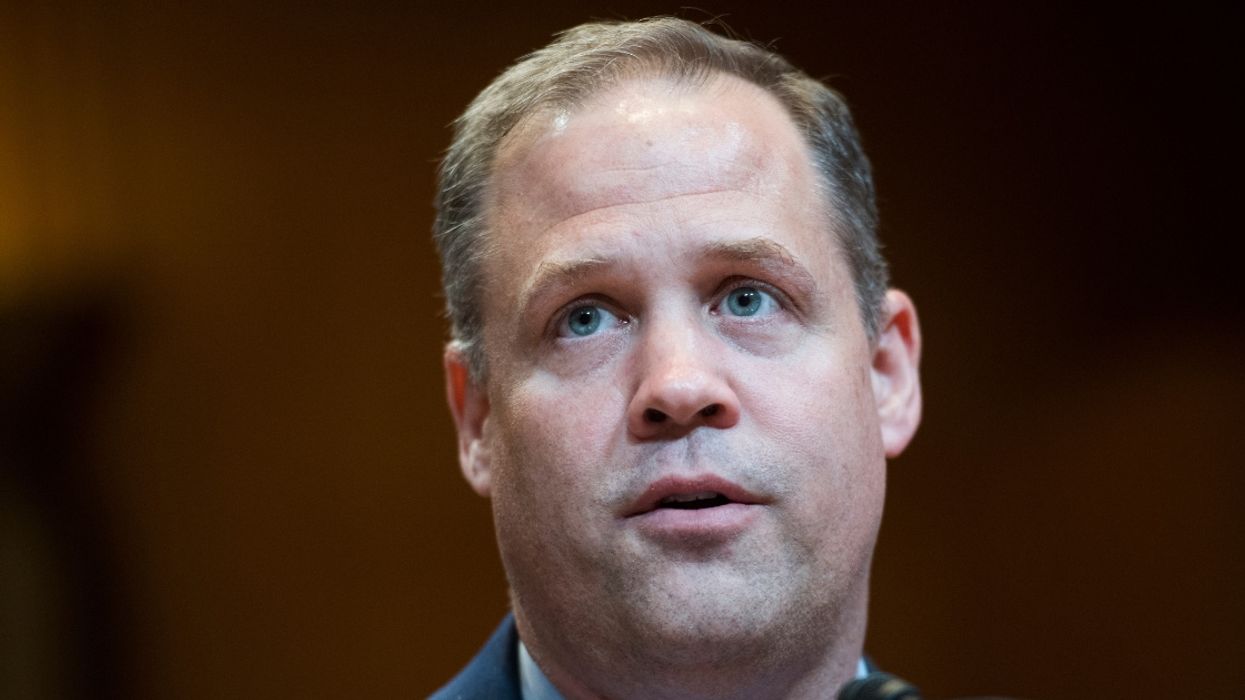Jim Bridenstine, Adminstrator of NASA, spoke words of warning at the International Academy of Astronautics' Planetary Defense Conference this past Monday, April 29.
He urged the gathered scientists to be wary of those who laugh at the threat of a meteor strike—they're far more common than people assume, and have the potential to cause massive damage and loss of life.
The administrator knows that the public regards meteor strikes as hugely unlikely, almost laughable:
"The reason it's important for NASA to take this seriously is something you call the 'giggle factor,'"
Bridenstine told the attendees:
"We have to make sure that people understand that this is not about Hollywood. It's not about movies.This is about ultimately protecting the only planet we know right now to host life, and that is the planet Earth."
6th IAA Planetary Defense Conference - The Honorable James Bridenstine, NASA Administratoryoutu.be
He pointed out that in February 2013, a meteor roughly 20 meters in diameter entered earth's atmosphere at 40,000 mph and made worldwide headlines when it exploded over southern Russia.
Videos capture exploding meteor in skywww.youtube.com
The explosion, resulting shockwave, and falling debris injured 1,400 people, many of them struck by flying glass (shattered by the shockwave).
To put things in perspective, Bridenstine described how meteor exploded "with 30 times the energy of the atomic bomb in Hiroshima."
"I wish I could tell you that these events are exceptionally unique, but they are not."
NASA's calculations predict that encounters like this one happen every 60 years or so. On the same day the meteor exploded over Chelyabinsk, another, larger asteroid only narrowly missed being pulled into Earth's orbit. By the time a more massive space-rock is pulled into Earth's orbit, it will be too late to make preparations.
The conference issued a statement saying scientists at the Planetary Defense Conference are working on plans in the event of an imminent meteor strike.
Bridenstine said that in such an event, NASA would use the meteor's "speed and trajectory" to determine whether it could be deflected or whether a full-scale evacuation of the area would be warranted.
Perhaps it's time we all start taking these movie scenarios a little more seriously. You never know what might happen in the next 60 years...
Armageddon - Official® Trailer [HD]youtu.be








 Ash Stanton/Facebook
Ash Stanton/Facebook Laura Sprinkle/Facebook
Laura Sprinkle/Facebook Akira Karasu/Facebook
Akira Karasu/Facebook Cevanna Gilbert/Facebook
Cevanna Gilbert/Facebook Troy Adam/Facebook
Troy Adam/Facebook






 @GovPressOffice/X
@GovPressOffice/X
 @realDonaldTrump/Truth Social
@realDonaldTrump/Truth Social